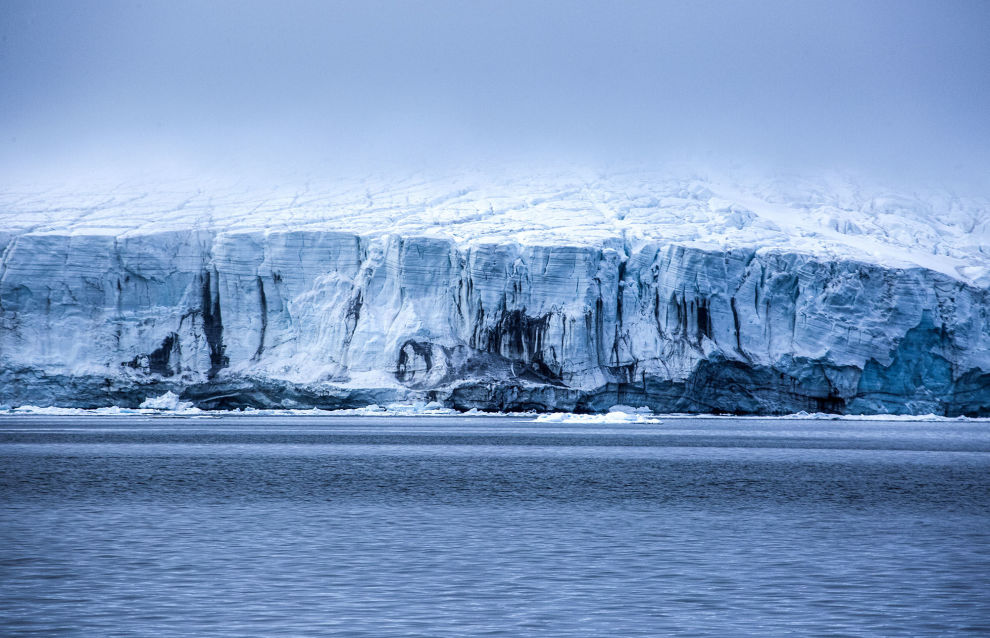Global Times: US brings conflicts to a peaceful North Pole
The Arctic will become an area for global rivalry in the future. Inflating China and Russia's alleged threats is a distortion of China's Arctic policy, and it aims to contain Russia under the excuse of security, China’s state-owned Global Times writes.
Earlier, NATO Secretary-General Jens Stoltenberg noted that Russian-Chinese cooperation in the north did not meet the interests of the NATO countries, and that the alliance was expanding its regional presence in this connection. Stoltenberg explained that Russia’s capabilities in the north presented a strategic challenge to NATO. He added that, by declaring itself a near-Arctic state, China was also becoming more interested in the Arctic because the region is growing into a more significant shipping corridor due to climate change.
Last week in Canada, Stoltenberg said Beijing and Moscow had also agreed to expand their practical activities in the Arctic. He noted that this was part of a deeper strategic partnership that challenged NATO’s values and interests.
The writer added that some Chinese analysts expect the Arctic to become a region of global rivalry in the future, and that this explained more active US efforts to improve coordination with its allies in the region and in the context of its military rivalry with Russia.
Nevertheless, “inflating China and Russia's presence is part of the US-led West's ill-intentioned attempts to place China and Russia together as a strategic threat, to influence the Arctic states with this image. But this is a distortion of China's Arctic policy and it aims to contain Russia using security as an excuse.”
“Unlike the US bringing more conflicts to different parts of the world, even to the peaceful Arctic, and intensifying confrontations among major powers, China, as a "near-Arctic state," aims to safeguard the common interests of all countries and the international community in the Arctic and promote sustainable development,” the article notes.
“A changing Arctic will certainly affect the geopolitical landscape because it will become a new point of rivalry among major powers in the future,” Cui Hongjian, Director of the Department of European Studies at the China Institute of International Studies, told the Global Times.
Washington's top priority for this region now is how to respond to Moscow’s increasing activities in the region. In addition to a military presence, taking control of future shipping routes in the region will also become a major focus, he added.
In particular, after Sweden and Finland join NATO, Russia will face certain restrictions on its waterway to the Baltic Sea, Cui said, noting that seeking more waterways in the Far North would be strategically important for Moscow.
“Finland and Sweden joining NATO could be seen as part of NATO's intention to focus on Arctic-related affairs,” Wang Yiwei, director of the Institute of International Affairs at Renmin University of China, told the Global Times.
Establishing a new position in the USA, ambassador-at-large for the Arctic (as the US State Department has announced), will help the US, enhance its coordination with its allies and set up rules while containing Russia's military buildup using security as an excuse once again, Wang said.
Earlier, Diane Francis, a Nonresident Senior Fellow at the Atlantic Council's Eurasia Center, told media outlets that Russia was too active in developing the Arctic and in expanding production of its mineral resources from the Arctic Ocean seabed. According to the US analyst, Moscow has presented extreme territorial claims and has begun aggressively prospecting for oil in the region.
